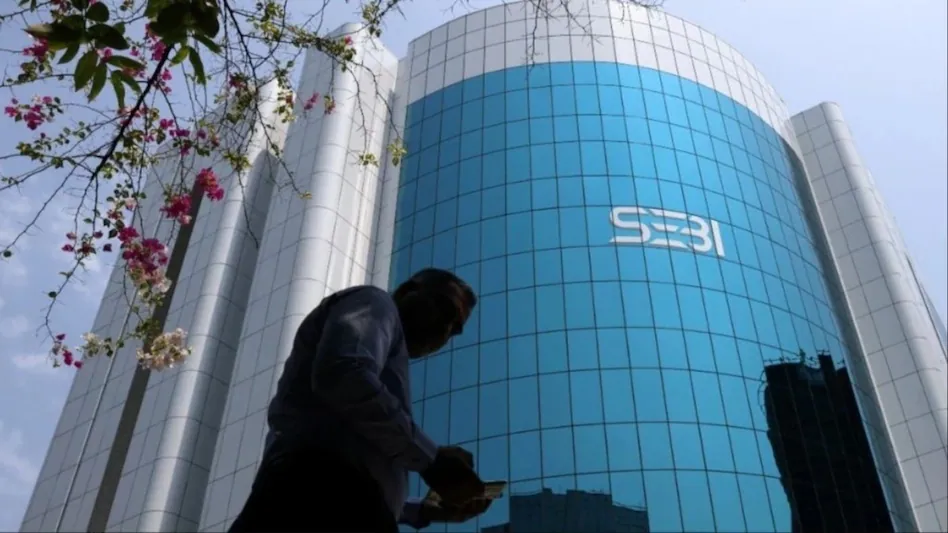India Sanctions Jane Street for Suspected Stock Index Manipulation

In a rare and high-profile regulatory move, the Securities and Exchange Board of India (SEBI) has sanctioned Jane Street, a prominent global trading firm, over allegations of stock index manipulation in the Indian securities market. The decision marks a firm assertion by Indian regulators to maintain market integrity and signals heightened scrutiny of foreign institutional participants.
What Happened?
Jane Street, known globally for its quantitative trading strategies and high-frequency trading operations, has been barred from participating in India’s securities market. SEBI alleges that the firm engaged in manipulative practices that distorted benchmark stock index movements, potentially impacting the valuation of index-linked products and investor portfolios.
While detailed findings have not been made fully public, SEBI’s investigation reportedly uncovered trading patterns that raised red flags, particularly around derivatives and index arbitrage strategies. The regulator concluded that Jane Street’s activities violated fair market conduct principles and disrupted the integrity of Indian benchmarks.
Regulatory Rationale
SEBI’s decision is rooted in its mandate to ensure fair and transparent markets. Index manipulation, even when carried out by technically legal means, can:
- Distort price discovery mechanisms
- Undermine investor confidence
- Affect the performance of exchange-traded funds (ETFs) and index-tracking portfolios
Given the growing importance of passive investing and the proliferation of index-based products in India, SEBI’s response reflects a zero-tolerance policy toward any actions that may create artificial price movements in key indices like the Nifty 50 or Sensex.
Implications for Jane Street
The sanctions carry both reputational and operational consequences for Jane Street. Being excluded from a fast-growing market like India—a country with increasing foreign capital participation—limits the firm’s global trading footprint and may affect its relationships with institutional clients and counterparties in the region.
While Jane Street has yet to issue a detailed public statement, industry watchers expect the firm to explore legal recourse or appeal mechanisms available through the Securities Appellate Tribunal (SAT).
A Broader Message to Market Participants
This move is not just about one firm. It sends a clear message to all market participants, domestic and foreign:
- Regulatory oversight in India is becoming more robust and sophisticated, especially as markets evolve and attract global capital.
- Transparency and compliance are no longer optional, especially for high-frequency and algorithmic traders operating across jurisdictions.
- Market conduct violations—intentional or otherwise—will be met with decisive action, regardless of a firm’s global standing or size.
India’s Growing Market Sophistication
India has become one of the most dynamic emerging markets globally, with a rising retail investor base, robust exchanges, and a thriving derivatives market. As foreign participation grows, regulators are under pressure to maintain a level playing field, ensuring both domestic and international players adhere to strict standards.
SEBI’s action against Jane Street shows that India is willing to challenge even the most sophisticated market participants when core principles of fairness and market integrity are at stake.






